17 have author last names that start with M have author last names that start with M
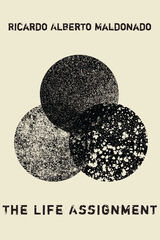
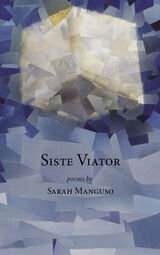
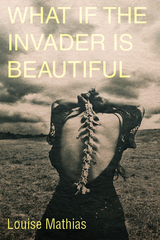
What if we desire what harms us? What if we learn to mimic that harm, hurting ourselves to stay safe from external assaults? What if we cannot give this harm a name but know from the injury that something has happened to us? What if? What if the Invader Is Beautiful? The acute titular question of Louise Mathias’ third collection of poetry establishes the stakes for these poems, puncturing the silence around the nuances of abusive relationships.
Mathias delves into a brackish psyche, attempting to process these intimate violences while wrestling with the self-doubt that she has been a participant in her own suffering. f poetry is truth, then Mathias achieves the purest form in this book, a catechism that affirms that willingness can be compromised, that consent to physical pain is not consent to cruelty, and that we can forgive ourselves self-abandoning coping mechanisms to reclaim a righteous anger. The existence of these poems has not just a conceptual but a functional materiality, as bricks lain to pave a path out. What if the poet leaves the woods where once she “ate needles for love” and “pried the poison from a flower?” Perhaps she will stumble into the clearing where a “moonlit kindness” can touch her skin.
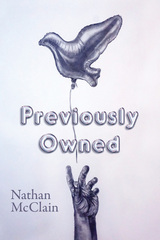
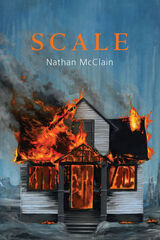
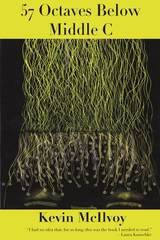
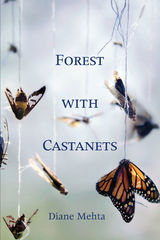
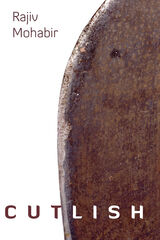
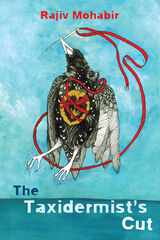
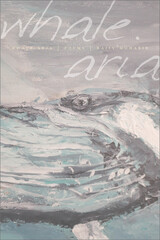
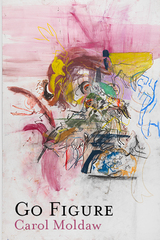
In Go Figure, Carol Moldaw demonstrates an incandescent mastery of figuration in its many forms. As the title suggests, these poems invite readers to draw their own conclusions. Observing, inquiring, and delving, Moldaw brings the intertwined strands of life and art to light at their most intimate. A wife-muse who interrogates the role, a mother hard-pressed by motherhood, a daughter whose own mother’s decline causes her to probe their connection, and an artist with an exacting eye and ear who contemplates the creative mysteries, Moldaw is driven to understand and articulate the self in all its manifestations. Like a skater cutting first lines in ice, Moldaw displays lyric immediacy and lyric expanse in her poems with an unswerving command. Complex and inviting, with deft wit, the poems engage public and private life and voice a necessary and resounding affirmation of the feminine and of language emerging through silence.
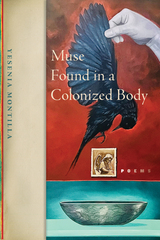
In the book's eponymous poem, Yesenia Montilla writes, “How do you not love yourself when you / constantly survive your undoing just by being precious?" Muse Found in a Colonized Body answers this rhetorical question by populating itself with poems that range far and wide in content — observing pop culture, interrogating history, resisting contemporary injustice — but that share the spinal cord of unflinching love. As Rachel Eliza Griffiths notes, Montilla’s “powers orbit and intuit the lives of Philando Castile, Captain America, Christian Cooper, Karl Marx, Ahmaud Arbery, Eartha Kitt, and many more while stitching our wounded identities, memories, and histories in defiant poems of revision and joyous reclamation.” The vertebral odes of this collection at turns uplift desire, affirm life, celebrate protest, and condemn the violent greed of imperial usurpation that has produced the U.S. as we know it. Both in its criticism and its admiration, Muse Found in a Colonized Body calls upon its readers to rise to the occasion of these lyrics’ profound care.
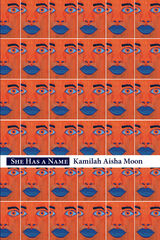
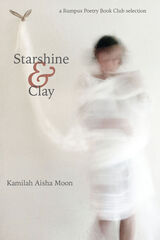
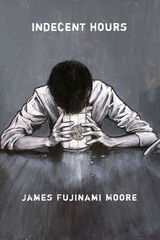
For award-winning poet James Fujinami Moore, the past is never past. In this brutal debut, sensual, political, and imagined worlds collide, tracing a history of diaspora and trauma that asks: what do we do in the aftermath of violence, and why do we long to inflict it? From Vegas boxing rings and the restless sands of Manzanar to the scrolling horrors of a Facebook feed, Moore’s poems trace over intimate details with surprising humor, fierce eroticism, and a restless eye.
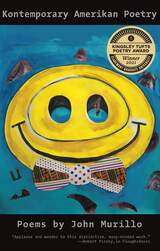
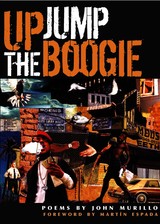
"The feel of now lives in John Murillo's UP JUMP THE BOOGIE, but it's tempered by bows to the tradition of soulful music and oral poetry. The lived dimensions embodied in this collection say that here's an earned street knowledge and a measured intellectual inquiry that dare to live side by side, in one unique voice. The pages of UP JUMP THE BOOGIE breathe and sing; the tributes and cultural nods are heartfelt, and in these honest poems no one gets off the hook."—Yusef Komunyakaa
READERS
Browse our collection.
PUBLISHERS
See BiblioVault's publisher services.
STUDENT SERVICES
Files for college accessibility offices.
UChicago Accessibility Resources
home | accessibility | search | about | contact us
BiblioVault ® 2001 - 2024
The University of Chicago Press









